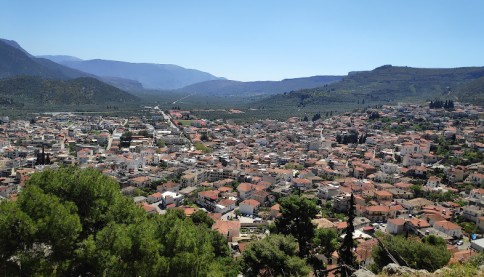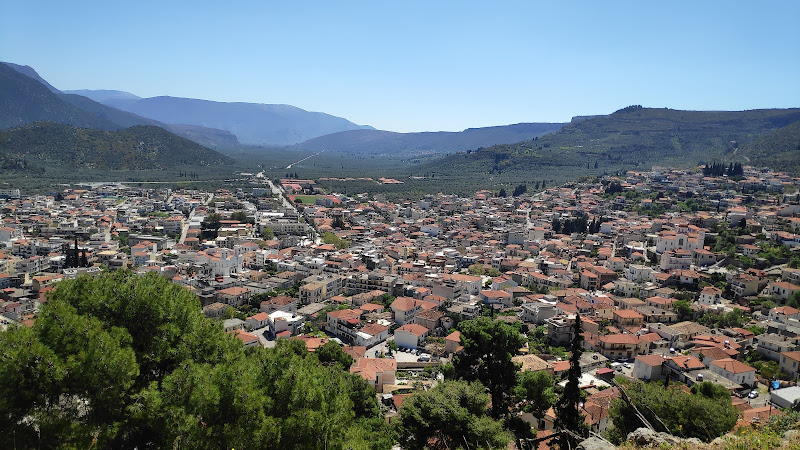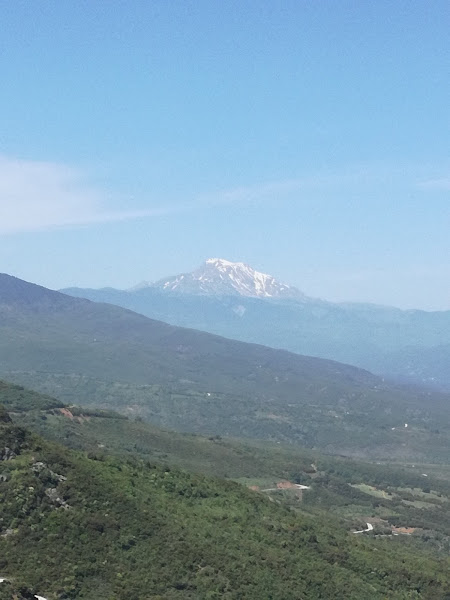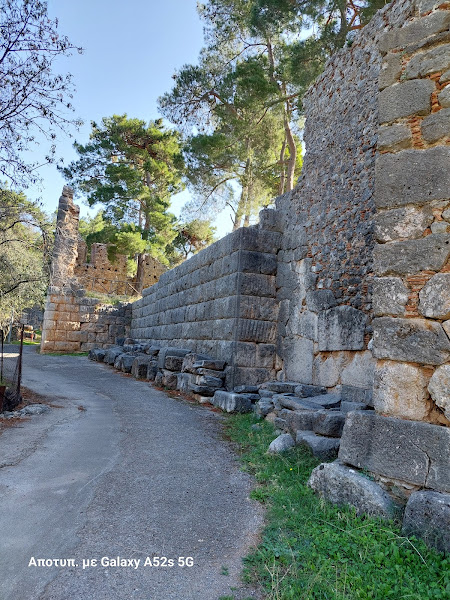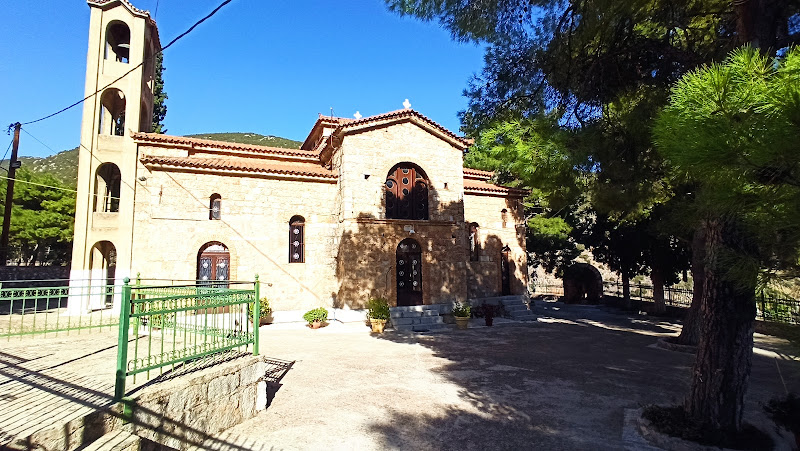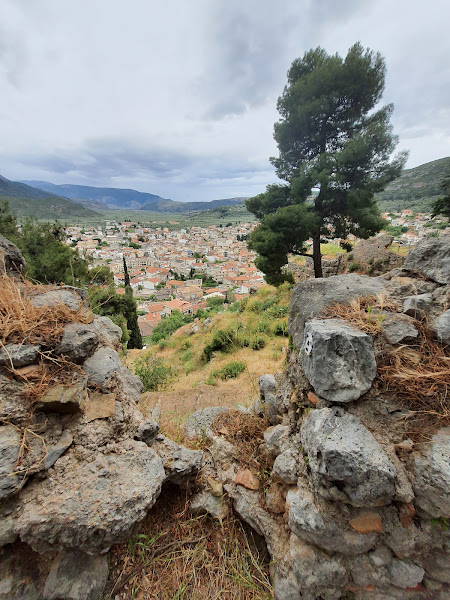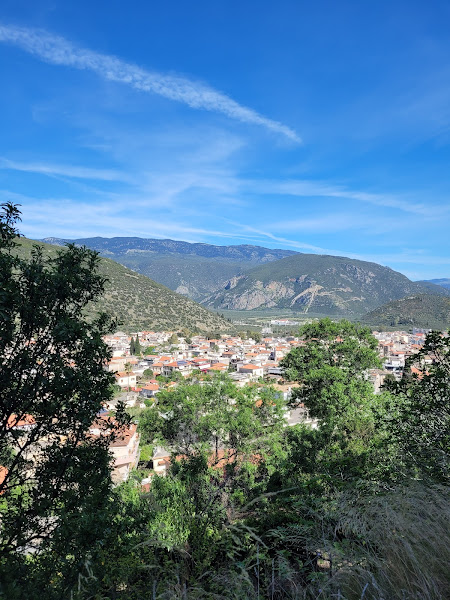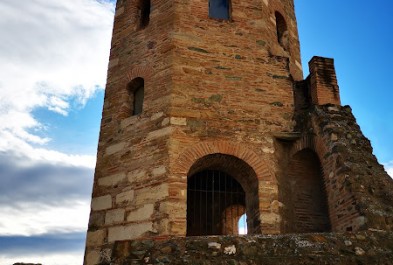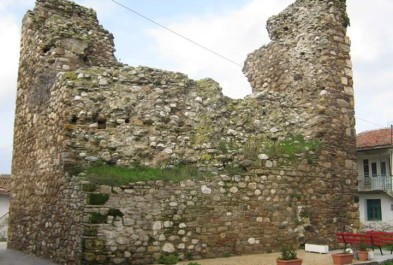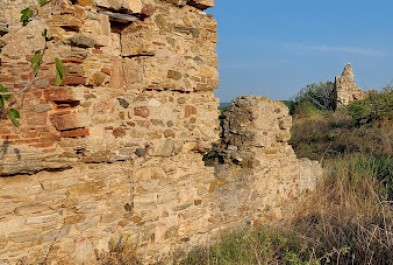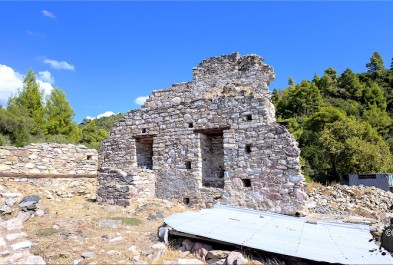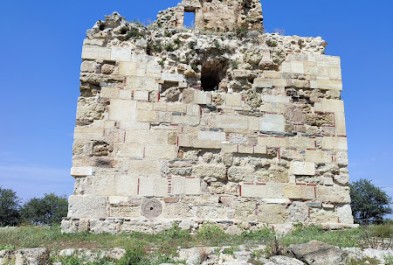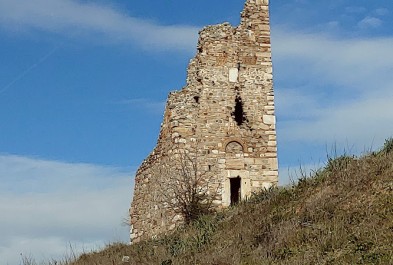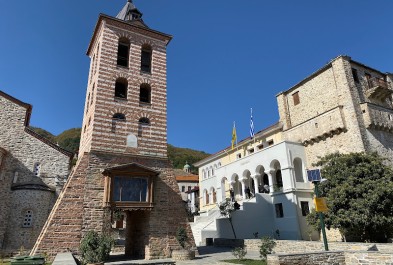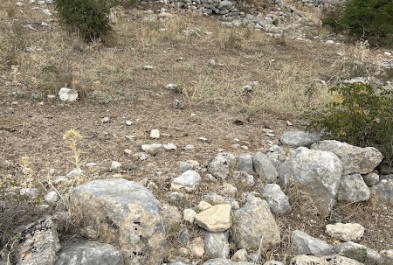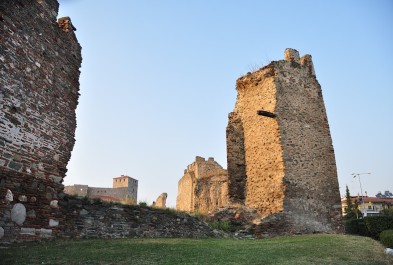Acropolis - Amfissa Castle #1257
- Purpose
- Excursion
- Type
- Castle
- Country
- Greece
- City
- Delfoi
- Zip code
- 331 00
Share links
Description
The history of the castle spans from the era of the Pelasgians and classical antiquity through to the Greek Revolution. Over the centuries, it was attacked, besieged, destroyed, and rebuilt multiple times by forces including the Macedonians, Gauls, Visigoths, Huns, Bulgarians, Slavs, Franks, Catalans, Turks, and others.
Amfissa was significant in the classical period primarily due to its proximity to Delphi, which was considered the center of the world for the ancient Greeks. Its strategic importance was bolstered by its strong fortifications, with parts of the ancient acropolis walls dating back to the 7th and 6th centuries BC.
One of the most notable events in ancient times was the destruction of the city and its acropolis by Philip II of Macedonia in 338 BC, a consequence of the people of Amfissa meddling with the treasures of the Oracle of Delphi.
The city was rebuilt and eventually became a key member of the Aetolian League. When the Romans took control of much of Greece, Amfissa successfully repelled their attacks and was even granted the privilege of being exempt from Roman taxes.
In the early Middle Ages, Amfissa suffered greatly from invasions. In 396 AD, it was destroyed by the Visigoths under Alaric, and in 448 AD, it faced devastation by Attila's Huns.
By the middle of the 10th century, the Bulgarians frequently raided Phocis, and Amfissa was besieged several times. The most catastrophic siege came in 996 AD, when the Bulgarian Tsar Samuel captured the city, slaughtered its inhabitants, and destroyed much of the town. In 1065, the Ouzoi, a nomadic people, besieged the town again, forcing many residents to take refuge in nearby caves.
Following the Fourth Crusade in 1205, and the establishment of the Latin Empire, Boniface of Montferrat, the Frankish king of Thessaloniki, conquered Central Greece. Amfissa became the seat of a barony under Thomas I d'Autremencourt. It was during this period that the powerful Castle of Salona was built atop the hill where the ancient acropolis once stood. The ancient name of Amfissa was replaced with "Salona," or "La Sole" in French and "La Sola" in Italian.
The Franks ruled Amfissa until 1311. In that year, the Catalans defeated the Franks in the Battle of Chaeronea, taking control of Central Greece, including the Duchy of Athens and Amfissa (Salona).


